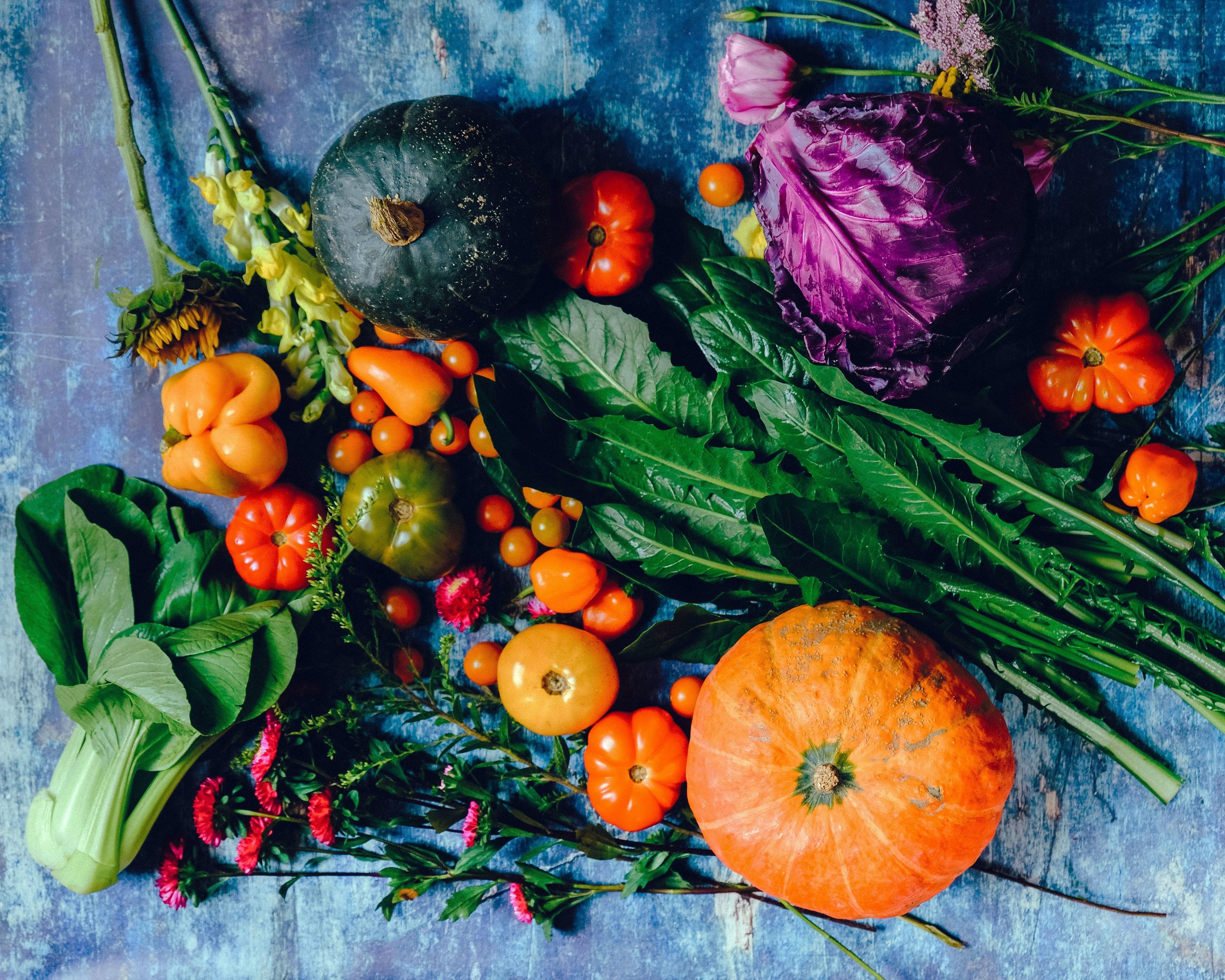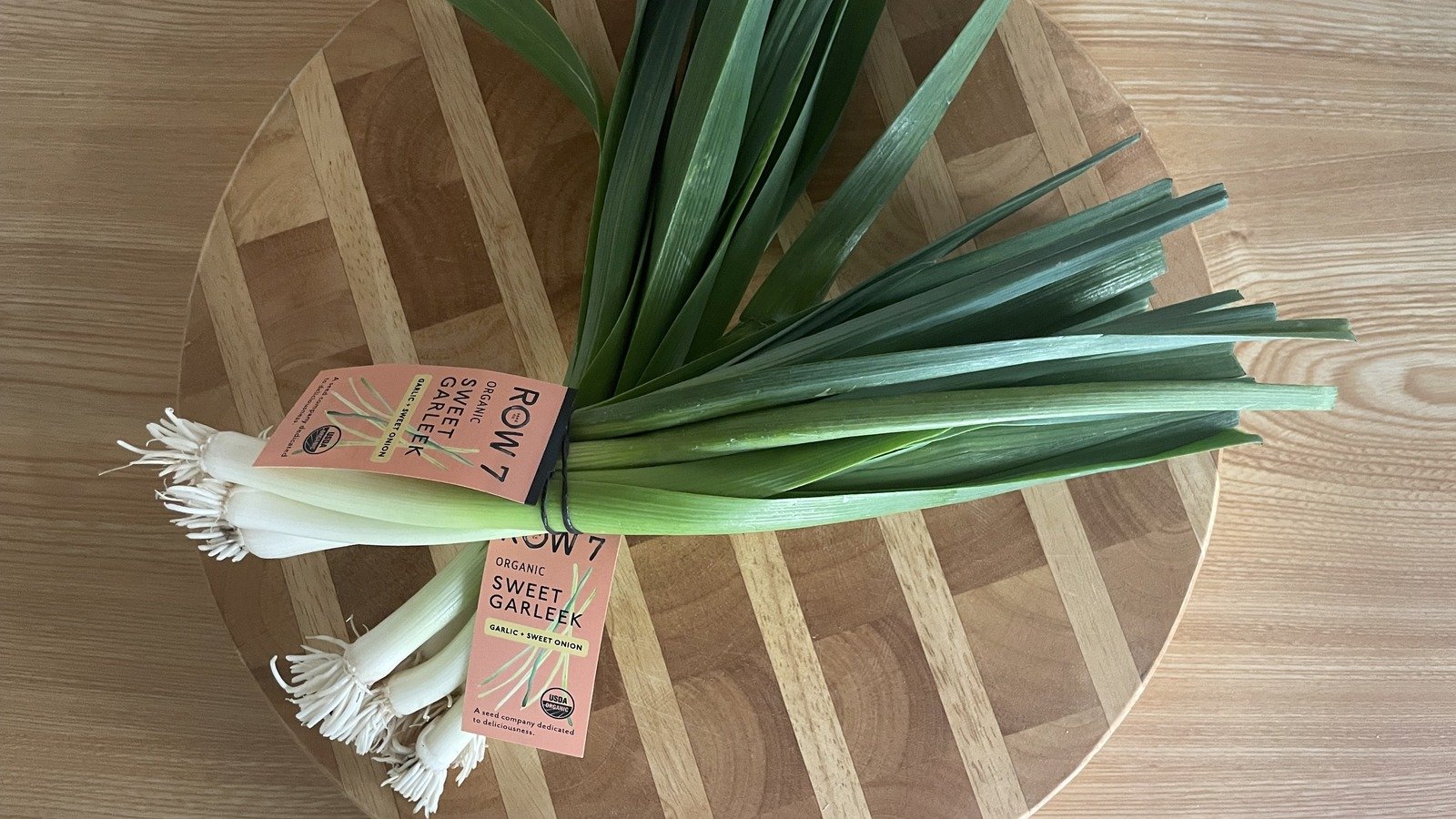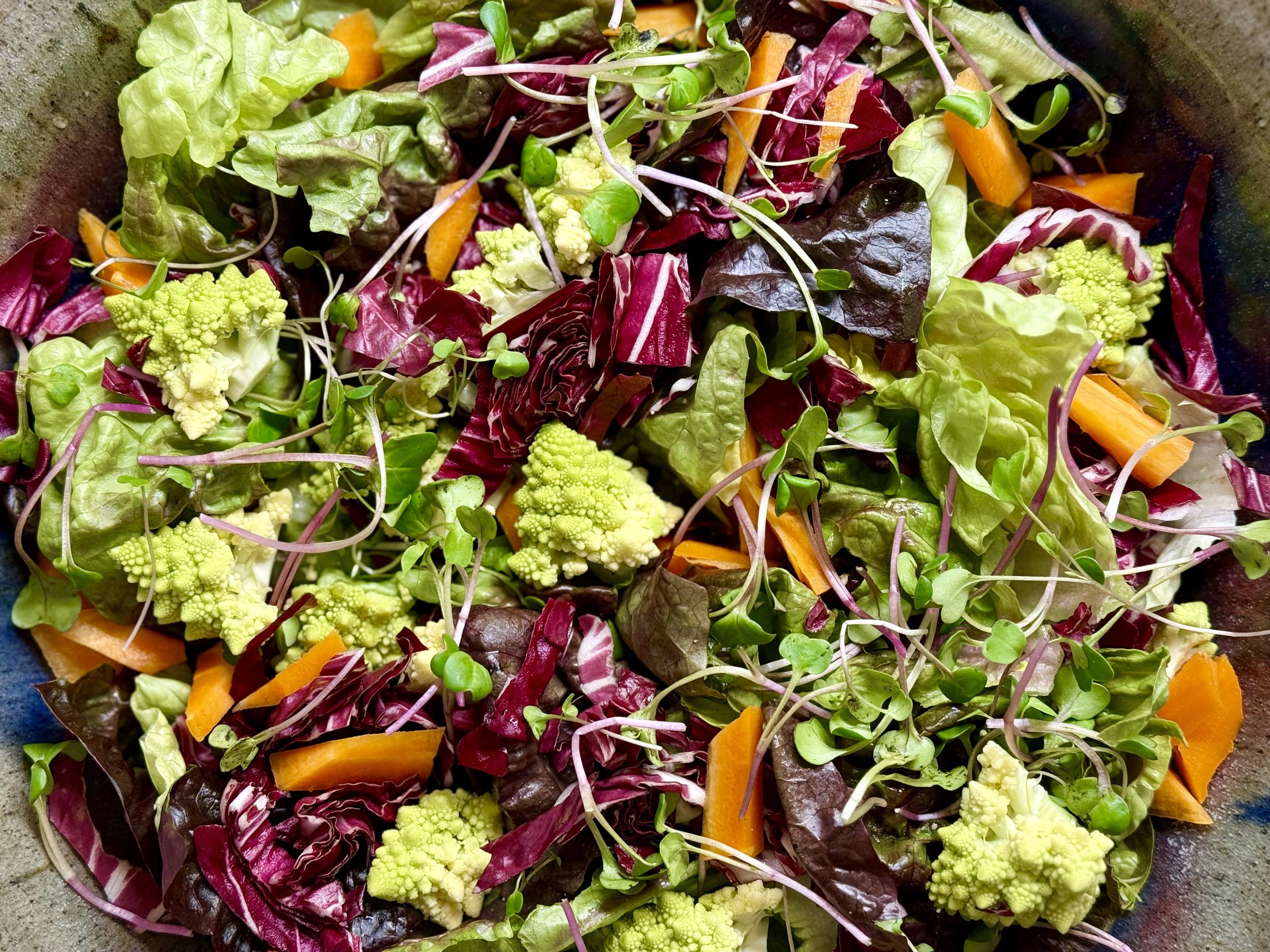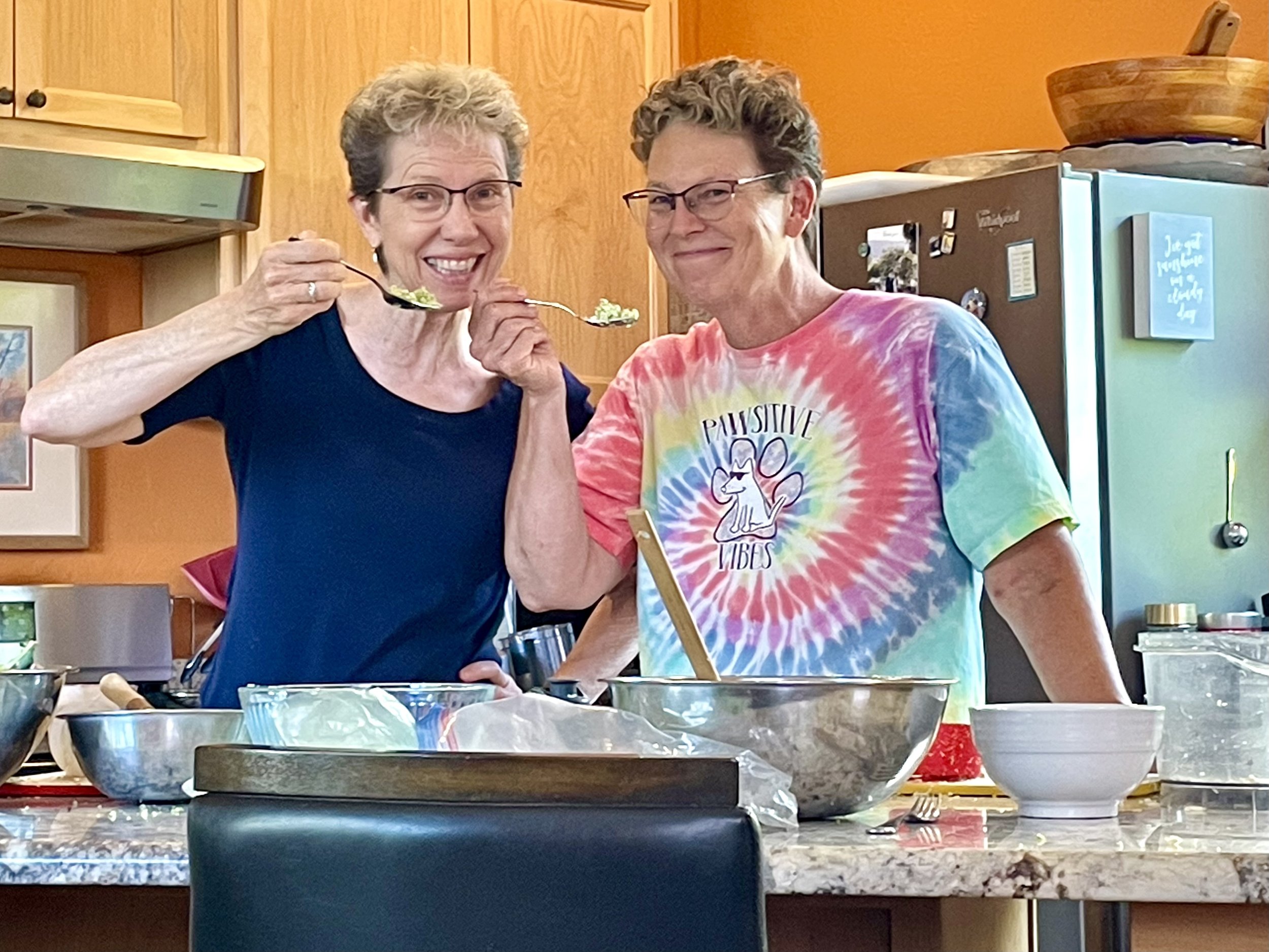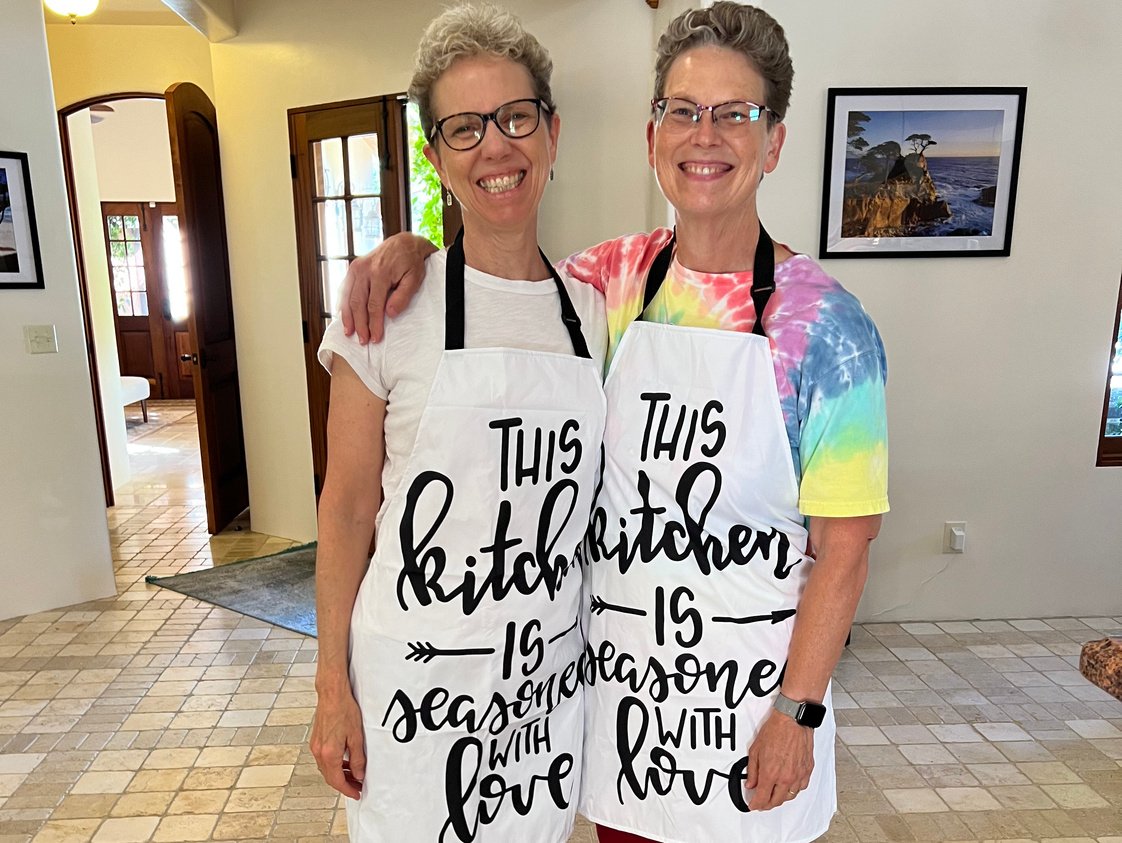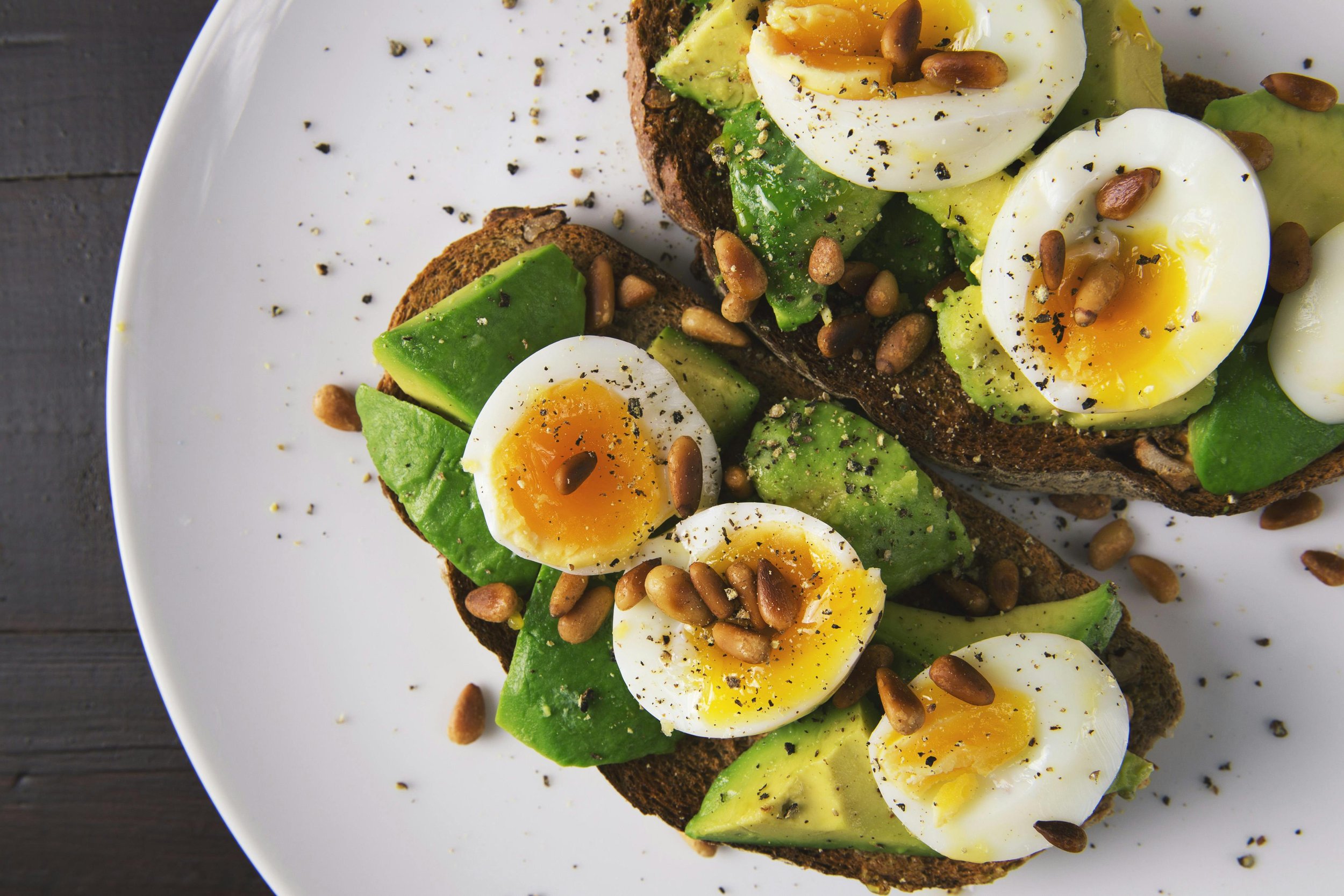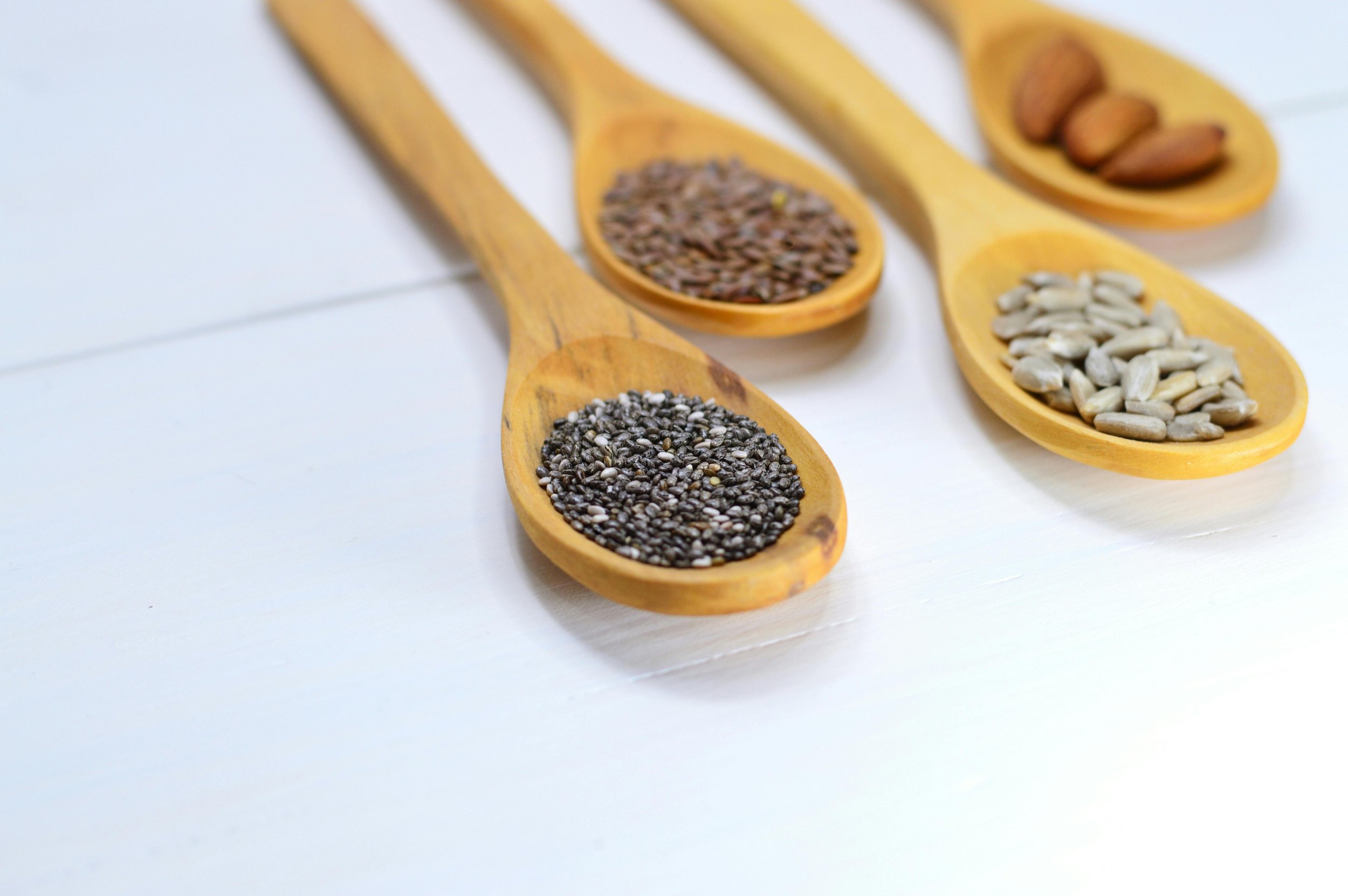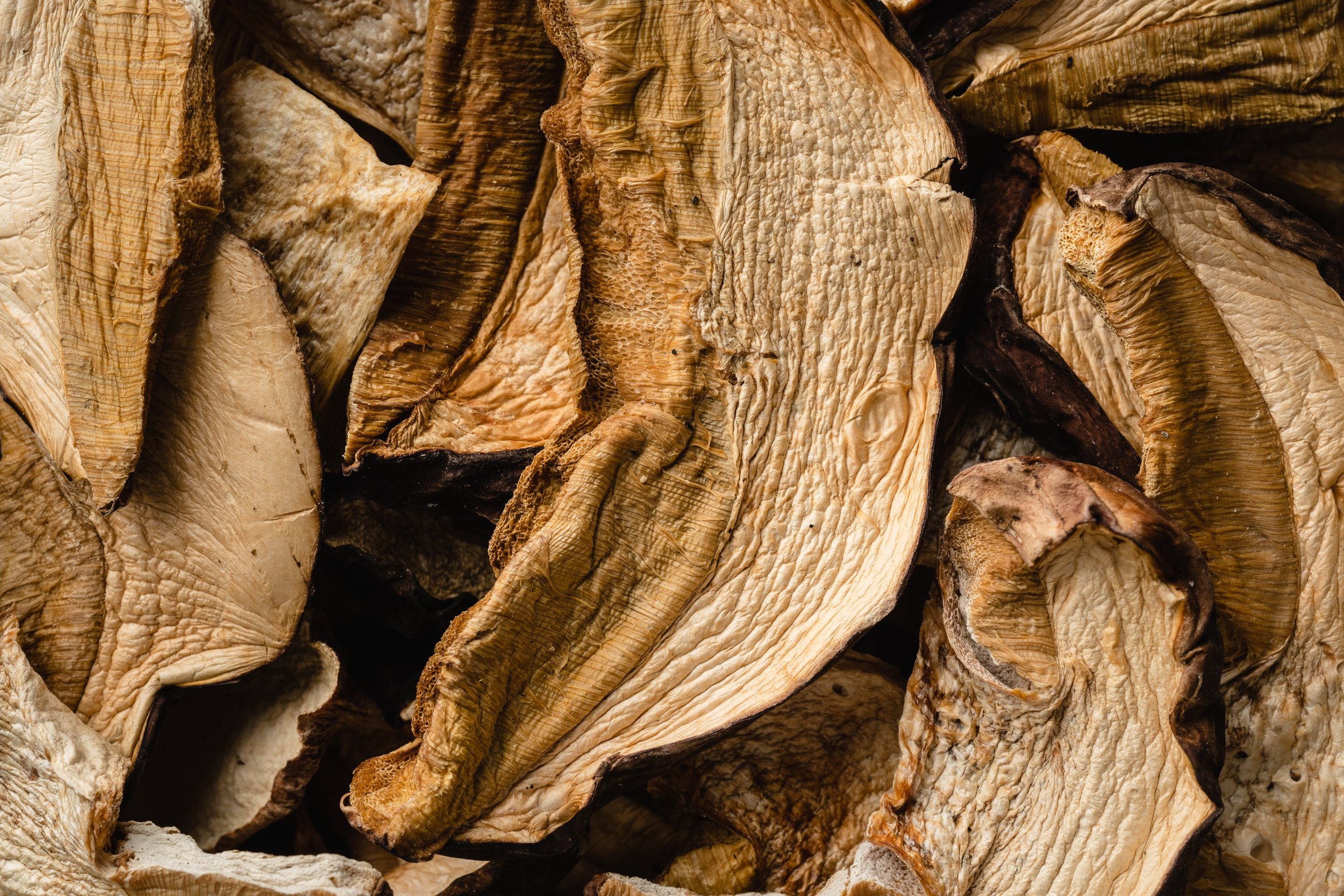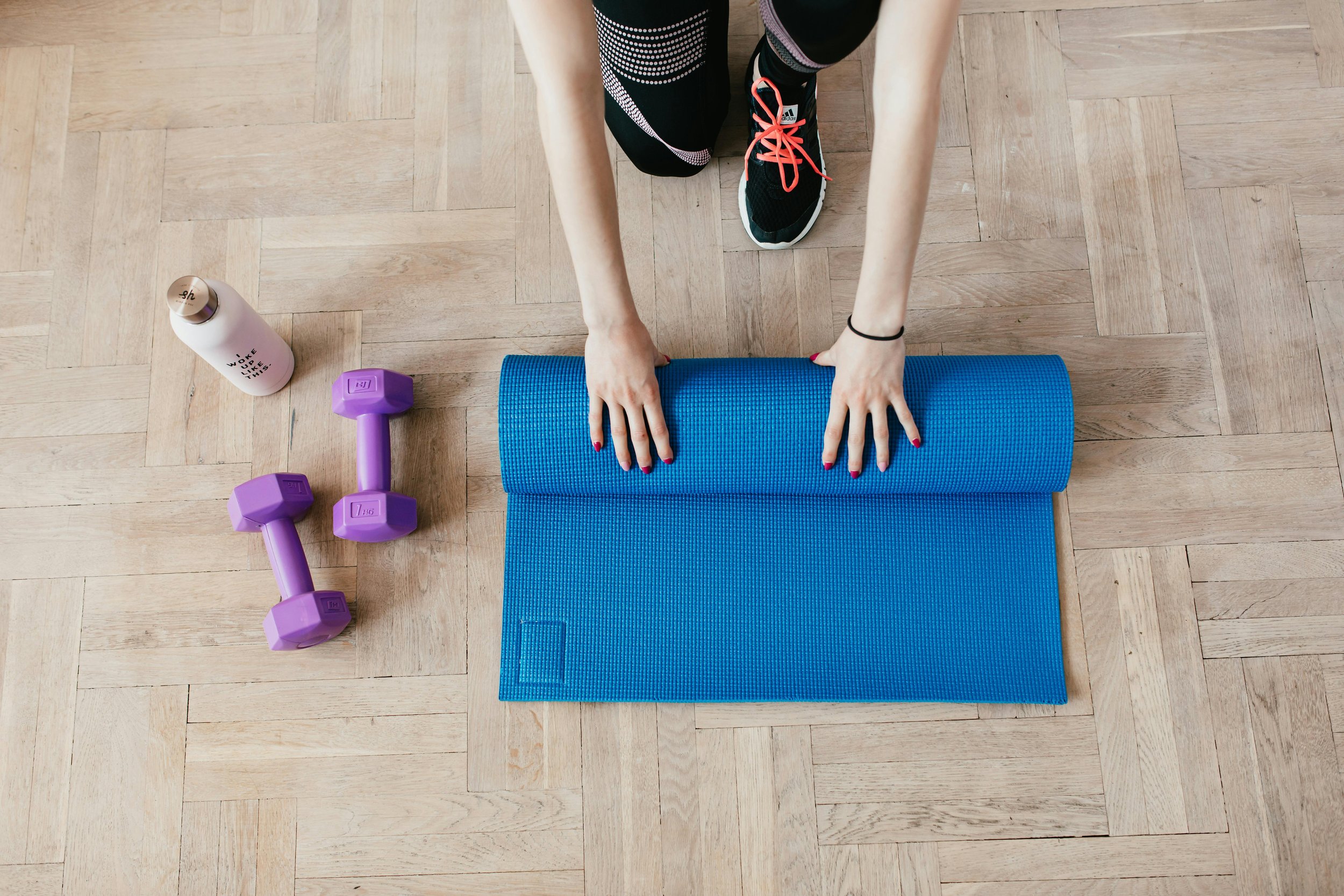Top 10 Strategies for Building a Healthy Gut Biome
The gut biome, that intricate world of microorganisms within your digestive system, plays a vital role in your overall health. A balanced and thriving gut biome can influence everything from digestion to immunity and even mood. So, how can you ensure your gut biome is in the best shape possible? That’s a question lots of us are asking ourselves these days. With that in mind, I’ve put together the top 10 strategies to promote a healthy and diverse gut biome. Read on…
Your gut biome is a dynamic and influential part of your overall well-being. By following these top 10 strategies, you can help nurture a diverse and robust gut biome that supports your health in numerous ways. So, embark on this journey to a healthier you by prioritizing your gut health with these top ten strategies:
1. A Diet Rich in Fiber:
A diet that has an abundance of fiber from fruits, vegetables, whole grains, and legumes provides essential nutrients for beneficial gut bacteria. Fiber acts as fuel for these microbes, promoting their growth and diversity. When you promote the growth of the “good” bacteria, you leave less room for the “bad” bacteria to thrive and proliferate.
2. Probiotic Foods:
Probiotics are a big topic of interest here. Lots of people take a probiotic supplement, which is great if you happen to choose the right one for your unique gut biome profile. A better approach may be to incorporate probiotic-rich foods into your diet such as yogurt, kefir, sauerkraut, and even kimchi into your diet. These foods introduce live beneficial bacteria into your gut, bolstering its health.
3. Prebiotic Foods:
Prebiotics are non-digestible fibers that nourish the good bacteria in your gut. They're found in foods like cabbage, jicama, leeks, and sauerkraut (also in onions and garlic so if you can tolerate some of those, definitely keep them in your diet for the sake of your gut biome).
4. Diverse Diet with a “Target 30” mentality:
Variety is key. A diverse diet exposes your gut to different types of microorganisms and nutrients, fostering a more diverse and resilient gut biome. I have talked many times about trying to consume at least 30 different plants per week. If that’s your target then you’re surely going eat more than the standard set of 5 or 6 you’re probably eating now. Keep in mind, “plants” include nuts, seeds, grains, herbs, seasonings, veggies, fruits, and even plant-based oils so getting to 30 each week isn’t as hard as it seems!
5. Reduce Sugar and Processed Foods:
Excess sugar and processed foods can disrupt the balance of gut bacteria by feeding the bad bacteria which then crowd out the good guys. Minimize your sugar and processed food intake to support a healthier gut and a healthier you! Does that mean you can’t ever have your favorite dessert? No, it does not! It just means you aren’t going to have it every day. Focus on eating whole foods that you can recognize as food and you’ll find you’re less hungry for the processed stuff.
6. Fermented Foods:
Fermented foods such as miso, kombucha, olives, soy sauce, sourdough bread, and apple cider vinegar, to name just a few, are rich in natural probiotics and are great to incorporate into your meals. Make miso soup and dip some sourdough bread in it. Drink some Kombucha, which is readily available in multiple varieties on the grocery store shelves so you can a few you like and drink a small glass (you don’t need to drink the whole bottle) to get a delicious blast of probiotics. Isn’t that better than taking a handful of pills?
7. Manage Stress:
High stress levels have been proven to negatively impact your gut health. Actively incorporating practices to reduce your stress levels by doing such things as yoga, meditation, mindfulness, and other relaxation techniques, can help keep your stress in check (while offering many other benefits as well!)
8. Get Enough Sleep:
Quality sleep is essential for a healthy gut biome. To get the recommended 7-8 hours of restful sleep each night, make your sleep environment as conducive to sleep as possible. The ideal combination is a cool and totally dark room that is as quiet as possible. Even the smallest light (especially blue light) can disrupt your sleep so put tape over plugs and switches that light up. For even more sleep benefits, you can add such things as a weighted blanket, white noise if your environment isn’t quiet, and an eye mask if you can’t get the room fully dark. Definitely put any electronics that might disrupt your sleep in another room or at the very least on do not disturb mode. There’s lots more to sleep hygiene but the bottom line is to develop a sleep routine that works for you and then do it every night.
9. Regular Exercise:
Physical activity can positively influence your gut health. It doesn’t have to be a long sweaty session at the gym. Just get out for a walk at least once, if not several times, a day. Can’t (or don’t want to) walk? Then do some exercises in your chair: March your legs, raise your heels, lift some weights, or just stretch. There are so many different forms of exercise that will benefit you and there seems to be an equally large number of excuses as to why we can’t find time to do any of them! Your whole body will thank you for adding regular exercise to your routine.
10. Avoid Overuse of Antibiotics:
We live in a society that likes to push pills as the answer to everything. So, when you end up at the doctor with a cold virus that has been with you for a week, it’s natural to think a round of antibiotics will be just the thing to put you right. Truth be told, most viruses take about 10 days to run their course. So, if you start taking antibiotics after a week, it’s easy to imagine that’s what’s making you better when most likely the virus is just running its course. While antibiotics are essential for treating actual bacterial infections, overuse can harm your gut biome. Take them only when prescribed by a healthcare professional and only when they are truly indicated to cure whatever you have going on.
Adopting some of these strategies is sure to make a difference in your overall health and the health of your gut biome. All of them are accessible, easy to add to your routine, and in many cases, delicious! Need help navigating the changes needed to improve your gut biome and get your IBS under control? Feel free to set up a consult with me right here.
Have a question you’d like to have answered? Email me at hello@ibsgamechanger.com
